ORSL Budget Reductions and Restructuring Spark Strong Pushback from Students, Faculty, and Staff
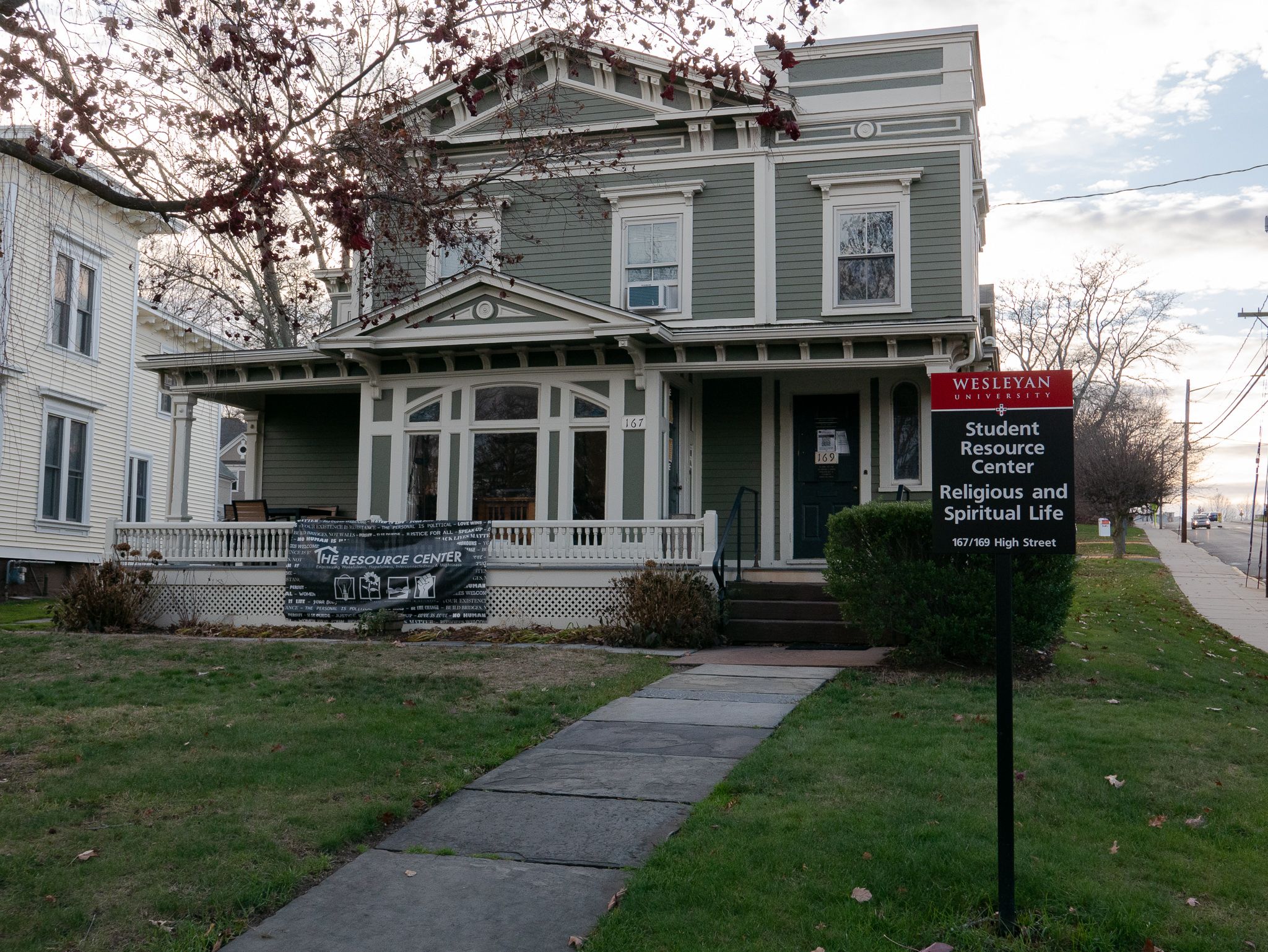
The University’s Former Muslim Chaplain Omar Bayramoglu was sitting in his kitchen at home in Farmington, Connecticut on Jul. 21 when he received an email from the University’s Catholic Chaplain Father Bill Wallace. Wallace had reached out to Bayramoglu to ask if it was true that he was leaving his position at the University, which he began in Aug. 2019. This news came as a shock to the young imam, who had neither submitted a letter of resignation nor received notice from the University about discontinuing his employment for the 2020-2021 academic year.
By chance, Wallace had opened an all-staff email from Human Resources sent out earlier that day with a list of staff departures and new hires. Bayramoglu was the first name listed under departures.
This was the first incident in a series of controversial new developments related to the Office of Religious and Spiritual Life (ORSL) that signal a substantial restructuring of on-campus religious life amid COVID-19-related budget cuts. Under the new model proposed by senior leadership in the Office of Student Affairs, the four traditional chaplain positions (Muslim, Protestant, Jewish, and Catholic) will all be gradually phased out until one chaplain remains to oversee all aspects of University religious life. Paid student intern positions will be created to assist this chaplain in managing student religious groups and redirecting students to religious services in Middletown.
There are currently two remaining chaplains on campus: ORSL Director and Jewish Chaplain Rabbi David Leipziger Teva and Wallace. Former Protestant Chaplain Reverend Tracy Mehr-Muska left the University last spring for a position at a congregation in Hartford; there are no current plans to fill her paid part-time position. Jami Carlacio is currently serving as an unpaid part-time Protestant Chaplain Intern.
After receiving Wallace’s email on Jul. 21, Bayramoglu called Wallace and began to draft an email to Leipziger Teva, his supervisor.
“My heart rate started to rise and I’m just freaking out wondering what is going on,” Bayramoglu said in an interview with The Argus on Nov. 14. “I’ve never been let go and left a job like this before in my life.”
In his email to Leipziger Teva on Jul. 21, Bayramoglu affirmed his desire to stay at the University as long as he could and explained that his newly acquired part-time position as a Muslim Chaplain at the Connecticut Department of Corrections (DOC) was meant to supplement his existing part-time position at the University. A week passed with no response from Leipziger Teva.
On Jul. 28, Bayramoglu received an email response from Leipziger Teva, which also copied Vice President of Student Affairs Michael Whaley, Associate Vice President of Student Affairs Rick Culliton, and Associate Vice President of Human Resources Lisa Brommer. Leipziger Teva expressed that he inferred from Bayramoglu’s new part-time position at the DOC that he was leaving the University, however, due to COVID-19 budget cuts and the hiring freeze, the University would not be renewing Bayramoglu’s one-year contract as the University’s Muslim Chaplain.
The Argus obtained copies of the email correspondence between Leipziger Teva and Bayramoglu. Whaley confirmed that the email records obtained by The Argus, in which he is copied, are an accurate representation of the communication between Leipziger Teva and Bayramoglu.
Bayramoglu was stunned. Come Aug. 2020, he was hoping to relocate closer to Middletown with his wife and continue his work with the University’s Muslim Student Association (MSA). In response to Leipziger Teva—copying Whaley, Culliton, and Brommer—Bayramoglu reiterated his desire to remain a University chaplain, hoping that he would be able to return in the fall.
On Jul. 30, Wallace emailed Leipziger Teva—copying Whaley, Culliton, and Brommer—sharing his frustration with the situation and the treatment toward Bayramoglu.
“It’s actually shocking to have an employee learn from an email that he has been let go or terminated without any prior awareness or knowledge,” Wallace said in an interview with The Argus on Nov. 12. “It’s embarrassing. It’s shameful.”
On the morning of Friday, Jul. 31—one of the major Muslim holidays, Eid al-Adha—Leipziger Teva and Bayramoglu spoke on the phone.
“It was on that day, I’m in my snazzy outfit and it’s 9:00 AM,” Bayramoglu said. “I’m waiting to spend time with my wife on Eid al-Adha, and I have to have this conversation…. It basically just reiterated what was said in Rabbi David’s email. They won’t be inviting me back.”
These permanent budget and staff reductions to ORSL come on the heels of a directive from the University that all departments cut their budgets by 10% in light of the financial impact of COVID-19, according to Whaley. In April, President Roth reported at a Wesleyan Student Assembly Meeting (WSA) that the University’s total deficit during the pandemic was $15 million. Senior Vice President Andrew Tanaka wrote in an email to The Argus on Nov. 18 that the University is currently projecting the financial cost of the pandemic to be between $25-30 million for fiscal year 2021.
According to Whaley, an estimated $200,000 has been cut from The Office of Student Affairs. Within Student Affairs, cuts to ORSL make up 60% of these budget cuts and cuts to the Office of Residential Life (Reslife) make up 40%.
“The directive that we got from the University was to make permanent budget reductions,” Whaley said in an interview with The Argus on Nov. 3. “So [ORSL] was one area that we were focused on. In normal times, pre-COVID times, we would not necessarily have moved in this direction, but this is something that we may no longer be able to afford moving forward, that is, our own dedicated chaplains.”
Leipziger Teva echoed Whaley’s comments about the financial pressures of COVID-19 necessitating these significant budget and personnel cuts in ORSL.
“It is my understanding that because of a substantial Covid related budget deficit, student affairs leadership was forced to make difficult and painful financial decisions,” Leipziger Teva wrote in an email to The Argus on Nov. 9. “Those decisions resulted in chaplain positions being cut. This is unfortunate.”
Leipziger Teva did not respond to specific questions about Bayramoglu’s departure from the University or requests to comment on the email correspondence between him and Bayramoglu.
In an interview with Whaley, he explained that a key factor in not renewing Bayramoglu’s one-year contract was that Bayramoglu would have been unable to lead the Jum’ah (Friday prayers) because of a conflicting time commitment at his second job at the DOC. Bayramoglu confirmed that he would be unable to lead Jum’ah at the University, but also confirmed that his job at the DOC was, and is, part-time.
“For Imam Omar, one of his key functions was working on Jum’ah prayers on Friday,” Whaley said in an interview with The Argus on Nov. 3. “In his new role he was no longer able to do that for Wesleyan, just given his new role with the state of Connecticut. And so, because this was one of the major functions, we made a decision that this wasn’t going to be workable from our perspective.”
Whaley explained that he does not see Bayramoglu’s departure as a termination.
“I know that some are saying, ‘oh, he was terminated or he was let go,’” Whaley said in an interview on Nov. 3. “ I don’t really see it in that way…I think there was probably a little bit of confusion between Rabbi David, who oversees the area, and Omar about what his expectations were moving forward. I think Rabbi David understood that he was resigning the position and not able to fulfill those duties anymore, and then subsequently, Omar said that he, I think, had still wanted to play some role with the Muslim community on campus. I think that’s an accurate portrayal of what happened here.”
However, Bayramoglu expressed disappointment that the University did not consider the other functions that chaplains serve on campus and within student communities when making their final judgement.
“I think in the eyes of the administration, [Jum’ah] is a very dominant role because it’s a requirement, especially for males,” Bayramoglu said in an interview on Nov. 15. “I don’t think they really saw anything past that. There was really no acknowledgement of everything else that we do as University Chaplains.”
In Wallace’s perspective, the loss of Bayramoglu as the Muslim Chaplain clearly represented a case of involuntary departure. He suggested that the University could have worked out a solution to keep Bayramoglu as the imam, even if he was unable to lead Jum’ah.
“The Administration doesn’t like the word ‘termination’ because it shifts the burden to them,” Wallace said. “[Bayramoglu] didn’t even know about this and wouldn’t have known about it, except for the fact that I was so surprised and reached out to him. The proper thing to do would have been for somebody to step up and say, ‘You don’t treat an employee like this. We’ll work something out so that you can continue your ministry here, even if you can’t do Jum’ah every Friday.’ But for the sake of a few dollars and cents, they didn’t. Now the Muslim students have had nobody and will not have anybody for the foreseeable future.”
WSA Student Life Chair Anna Nguyen ’22 was one of the WSA senators in conversations with Whaley during the summer about University budget cuts, including the budget and staff reductions to ORSL.
“[Dean Mike] said that both chaplains left for other permanent full-time positions somewhere else,” Nguyen said in an interview with The Argus on Nov. 15. “So whatever the leadership is telling everyone now is what we were told….The changes to ORSL were presented to us as the two Chaplains left on their own accord, and because of the budget cuts for the whole division, they decided to not fill those two positions anymore.”
In a WSA General Assembly Meeting on Nov. 8th, Whaley responded to questions and concerns raised about the cuts and restructuring to ORSL.
“Coincidentally, two of our chaplains left at the end of last spring,” Whaley said during the meeting. “Reverend Tracy, who was our Protestant Chaplain, got a full time job with a congregation in Hartford. Imam Omar, who had been our Muslim Chaplain, actually got a full time position as well, I think with the State of Connecticut. So those positions got caught up in the hiring freeze that the University implemented and so we began to think pretty quickly about how we might be able to provide support to those communities in the absence of having a chaplain. One of the things we decided to try was forging stronger connections with local resources in the Middletown community.”
For many students, having chaplains on campus is essential to practicing their faith. Student leaders from the Muslim Student Association (MSA), the Wesleyan Jewish Community (WJC), and the Catholic Student Organization (CSO), have formed an Interfaith Council in response to the budget and staff cuts in ORSL.
The Interfaith Council has begun collecting testimonies in support of ORSL from students, staff, faculty, departments, and alumni. The current total of testimonies received stands at 39.
For Interfaith Council and MSA member Huzaifa Khan ’22, the loss of Bayramoglu as the Muslim Chaplain reflects a scaling back on the University’s commitment to support and meet the needs of all students, especially those from marginalized communities.
“Coming into Wesleyan and seeing initially that there was an imam, even a position for the imam at a University, was just so important to me because it showed me that this institution is willing to set aside resources for a small community, regardless of how small it is, in order to be inclusive,” Khan said in an interview with The Argus on Oct. 26. “To have that taken away from me, and to have administration suggest that it can just be replaced with the Middletown community, shows a lot of disregard for the value of inclusion.”
Whaley emphasized the difficulty of this decision, citing the challenges with finding others areas within Student Affairs to make permanent reductions.
“We would have preferred to maintain the staffing that we have, but unfortunately $200,000 [in budget cuts] on a permanent basis is not easy to come up with across the Student Affairs area,” Whaley said in an interview with The Argus on Nov. 3.
Religious and Spiritual Diversity ORSL Intern and Interfaith Council member Emily McEvoy ‘22 voiced that the timing of these cuts to ORSL is compounding an already challenging period for students and staff who might rely on campus religious services and resources.
“This should be understood as a time where chaplaincy is more important than ever because of the psychological distress of something like the pandemic,” McEvoy said in an interview with The Argus on Oct. 28. “I think that it’s just an inexcusable, that this would be a cut in response to the pandemic.”
When asked about the mental health implications that might arise from the absence of campus chaplains, President Michael Roth ’78 communicated the hope that students will turn to Counseling and Psychological Services (CAPS) for support and utilize local resources for religious worship.
“For counseling purposes, we really do want to direct students to CAPS and for religious life we have local resources for that sort of thing, which is a good way to foster connections between campus and the community,” Roth said in an interview with The Argus on Nov. 6. “I think for those reasons, it seems like the right path to take. But we will review this with students next semester to ensure they feel supported.”
Professor of Classical Studies Andrew Szegedy-Maszak, a practicing Catholic who frequently attended on-campus mass services prior to the pandemic, emphasized that the support chaplains provide is far from identical to the counseling delivered by CAPS, affirming that both are essential student services meeting different student needs.
“It’s a different thing,” Szegedy-Maszak said. “Psychological counseling for psychological issues is something that CAPS does, I think, exceptionally well, but questions of faith, belief, and one’s place in the world are the sorts of things that students can discuss with the chaplains. It’s not really the kind of thing that CAPS is meant to address.”
Former MSA Vice President of Programming Tashfia Jilu ‘22 echoed the importance of ensuring that all students have access to the appropriate resources and support. Jilu shared her frustration with the one-size fits all approach to meeting student needs.
“Last semester a lot happened in my life…they forced me to go to CAPS for one meeting, ” Jilu said in an interview with The Argus on Nov. 14. “I honestly hated it. I’d rather speak to Imam Omar. You know, he was the one that got me through it. It’s just frustrating that other people don’t see that what works for you might not work for me.”
With the new restructuring of ORSL, students will be redirected to off-campus religious services in Middletown to fulfill any religious and spiritual needs. However, due to rapidly changing circumstances during COVID-19, many have raised concerns about the safety of having students going to and from Middletown. On Nov. 5, Middletown increased its COVID-19 risk from level from Orange to Red to reflect the increase in the number of cases. On Nov. 19, the University encouraged students who have received a negative result from their most recent COVID-19 test to leave campus as early as possible before the start of Thanksgiving break. Given these recent developments, it is uncertain when students would even have the opportunity to safely begin attending services in Middletown.
In addition to raising safety concerns, students voiced deep concerns about whether local places of worship would be able to effectively meet their needs.
MSA member Mohona Yesmin ’23, explained that she feels more comfortable practicing her faith on campus rather than at a Mosque in Middletown.
“As a female, we have to do a lot of covering ourselves and covering our heads when we’re praying in a Middletown mosque,” Yesmin said in an interview with The Argus on Oct. 26. “If you’re practicing on-campus, you can dress up regularly and pray religiously by covering your hair and wearing the scarf and then you can take off your scarf after without feeling watched or judged. But if you’re in a Middletown mosque, you cannot do that, because there will be people staring at you, thinking maybe you’re trying to show off or something.”
Interfaith Council member and Co-Chair of the Wesleyan Jewish Community (WJC) Dalia Rubinstein ’21 expressed that the University’s assumption that student religious needs can be met in Middletown represents a misguided understanding of religion.
“At a first glance, it might seem like ‘Oh Middletown has so many places of worship,’ but the truth of the matter is, you don’’t know if those spaces are going to work for people,” Rubinstein said. “In Middletown, you would sort of be walking into something that’s been operating on their own terms for longer than we’ve been in Middletown. Having a specific campus community with the support of chaplains is very important. I think that encouraging people to just go off campus for services misses the point of religious communities on campus and how it works.”
McEvoy also noted the potentially harmful impact on local communities in Middletown that eliminating University chaplains and on-campus religious services might have.
“I think that you do a disservice even to local places of faith by putting the expectation on them that they’ll be able to fully support college students,” McEvoy said in an interview with The Argus on Oct. 28. “I think that it’s a very, very different relationship than one that can be made with a college chaplain. It’s not a realistic expectation that college students can be served by people that are not meant to serve as University chaplains to college students.”
For many, the ORSL restructuring to ultimately have one chaplain oversee all student religious groups and student interns attempt to fill the gaps left by the chaplains is unfathomable. However, Whaley asserted that the ORSL will likely be moving in the direction of increased dependency on student interns going forward.
“So one of the things that we talked about with Rabbi David is the possibility of identifying student interns to work with the office on an ongoing basis from each of the major faith communities on campus,” Whaley said in an interview with The Argus on Nov. 3. “Those students might work directly with the director of ORSL on community building programming for students that are on campus, and then be a student facing liaison for the faith communities in town.”
Bayramoglu, who received his Masters in Religious Studies and a graduate certificate in Islamic Chaplaincy from Hartford Seminary, explained that it is both an unreasonable expectation and unfair burden to have these student interns responsible for taking on a similar role to chaplains, who are trained to serve these communities.
“It doesn’t make sense to me,” Bayramoglu said. “Not that students can’t do amazing things by themselves. But there’s some things though where it’s just at that point at being 19, 20, 21, 22 years old you don’t have all the answers yet. The reason I wanted to go into college chaplaincy was because I could have seriously benefited from some type of chaplain presence in college.”
Jilu shared that, with Bayramoglu’s leadership, she had hoped to start weekly history lessons and conversations to provide students with the opportunity to learn more about Islam; after the Imam’s departure, Jilu said she is not sure that this level of organizing can take place. Jilu explained that these kinds of events cannot be led by students.
“Last year, Imam Omar and I were talking about having like a once a week discussions where MSA members would just sit down and learn about history of Islam together,” Jilu said. “Obviously, we don’t have that this semester now. These are things that can’t be student led because we just don’t have the knowledge for it. So I feel like that’s what the school just doesn’t understand.”
Nguyen explained that at the beginning stages of the planning process, her impression from conversations with Whaley was that these changes would be temporary while grappling with the weight of COVID-19’s financial impact.
“My impression from the very beginning was that this was just going to be a short term solution and that there would be student employment positions created, at least just to ensure that there aren’t just losses coming from this change,” Nguyen said. “And then I talked to Dean Mike after that, and he explained to me that because of the whole financial changes it’s going to be a permanent change and not a short term thing. That was when it was clarified, and I expressed to him that a lot of students are concerned about it and that we should try to figure out a way that students actually have access to resources.”
Nguyen confirmed that she received clarification from Whaley that budget reductions to ORSL are intended to be permanent during a meeting on Nov. 4, following a WSA meeting on Oct. 25th where Khan and McEvoy raised concerns about ORSL budget reductions.
On Friday, Nov. 13, Nguyen arranged a meeting between members of the Interfaith Council and Whaley and Leipziger Teva for the students to directly communicate their concerns about the changes to ORSL.
Nguyen shared that the standing consensus from the meeting is that unless other areas in the institution are identified for additional budget cuts, it will be a challenge to fully recover the chaplain positions.
Whaley expressed similar thoughts in an email to The Argus on Nov. 15.
“Rabbi David and I had a good discussion with some students on Friday,” Whaley wrote. “We want to continue to work with students from the various religious communities to find ways to meet their needs. I also agreed to work with WSA leadership to see if there are other budget reductions within Student Affairs that we should consider instead of the shifts in ORSL that we’ve implemented. We would have to find other things to eliminate if we want to restore the chaplain positions.”
According to Nguyen, there were two avenues for moving forward that were discussed in the meeting. The University could either search for other areas to cut or it could launch a fundraising effort that would become the source of ORSL’s budget.
Expressing doubts with finding another area in the institution to cut, Nguyen believes that the fundraising option is the best alternative, as it would ensure that ORSL’s budget would be secure and protected from future University budget cuts in the future.
Khan, who attended the Nov. 13 meeting, told The Argus that the interfaith council does not want the restoration of chaplains to result from budget reductions that might strip other essential services from different student communities. For Khan, this zero-sum game approach should not be the way forward in addressing student needs.
“We’re all students here too, in addition to members of the religious community, so we know firsthand how important all the other departments and student affairs are,” Khan said in an interview on Nov. 18. “Really, we’d like to see a solution that doesn’t involve us having to pick one reduction over the other.”
If the changes to ORSL are not reversed, Wallace expressed that his primary concern does not rest with the fate of chaplains, but with current and future students who face shrinking support and resources on campus to practice their faith.
“Ultimately, it’s not about the chaplains, I could retire tonight or tomorrow,” Wallace said. “It’s about the students who are currently on campus and the ones in the future. I don’t work for the people in the ivory tower. I work for the students of Wesleyan University. I felt nobody was really being candid or forthright about this. And the Muslim community in particular, I think, has been hurt by this, and that’s not right.”
Executive Assistant to the Vice President and Dean of Admissions and Financial Aid Eileen Deville shared her concern with what this decision will mean for being able to welcome and support students from marginalized backgrounds once they matriculate.
“Part of our ongoing responsibility is to provide support for all students, especially those most marginalized, helping them adjust to life on the Wesleyan campus and find places of familiarity and comfort,” Deville wrote in an email to The Argus on Nov. 19. “The one place that students of any background and religion can find comfort, familiarity, support, and a welcoming group of students, faculty and staff is in the faith community – in the ORSL…It is an oasis for us all and, if anything, should be expanded and more fully funded, not diminished.”
McEvoy stressed that if Wesleyan plans to make permanent cuts to ORSL, they have a responsibility to market themselves accordingly.
“I think current students have a responsibility to prospective students to accurately tell them what the culture of the University is like,” McEvoy said in an interview with The Argus Oct. 28. “If Wesleyan is a place that just caters to secular people, I think that should be known, and they shouldn’t get to boast about how well they take care of a diverse student body.”
Bayramoglu expressed his concern for students, discussing the strong impact he fears the ORSL reductions will have on the student body in coming years.
“Students that need some type of spiritual connection now have to work double for it,” Bayramoglu said. “Before this was a service provided, and now as you guys got to figure out the next couple of years in your life, sadly, you can add finding God in whatever shape or form that comes in for you to your plate.”
Reflecting on his time at the University, Bayramoglu said that after observing student activism on campus, he’s noticed a trend where student efforts are sometimes so loud and so frequent that administration has almost become comfortable looking the other way.
“Because I’m considerably younger than other chaplains, I could just zig zag through Usdan and no one would really do a double take,” Bayramoglu said in an interview with The Argus on Nov. 15. “It was like one of those protests one day…I’m just watching it go on, and there are students after students joining and professors going up to speak. And I just sat there, and I watched, and I observed. Knowing a little about the vibes at Wesleyan and the skill of the student body to kick up dust, sometimes it works out and there’s a positive outcome, but I think other times it’s like there’s so much opposition…I’m under the assumption, this is just my hunch, that it’s up to the point now where administration will just sit there and wait for the dust to settle and then just deal with whatever happens after that.”
Serena Chow can be reached at sschow@wesleyan.edu


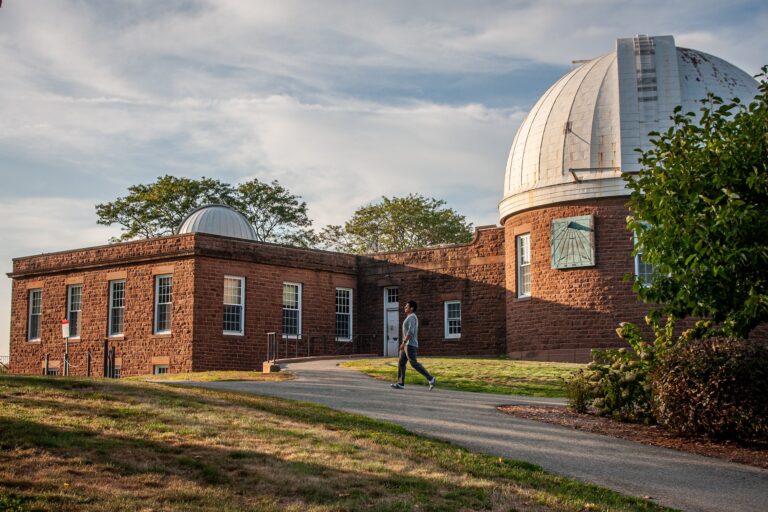
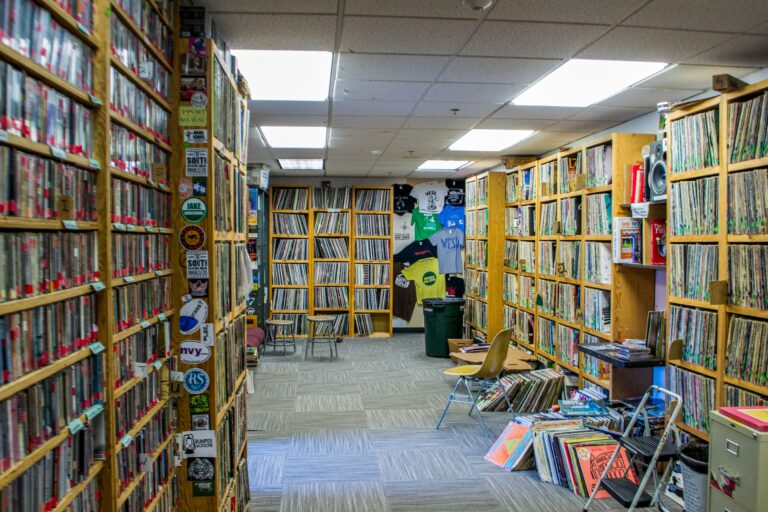
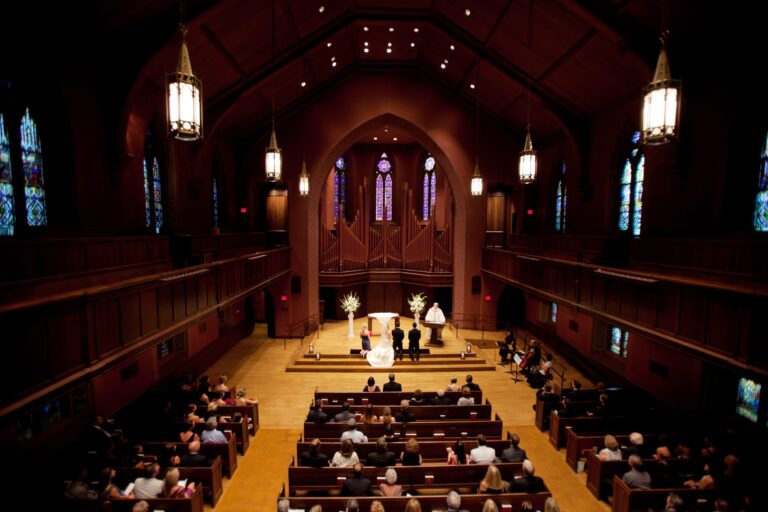
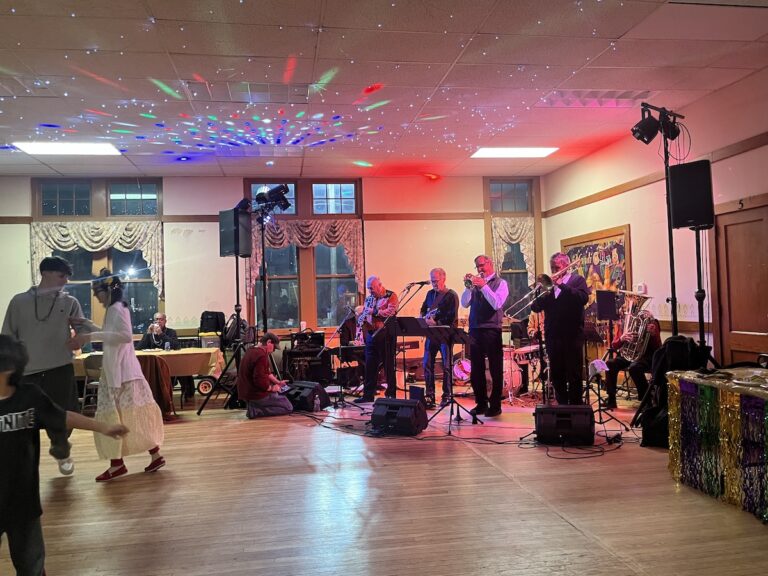

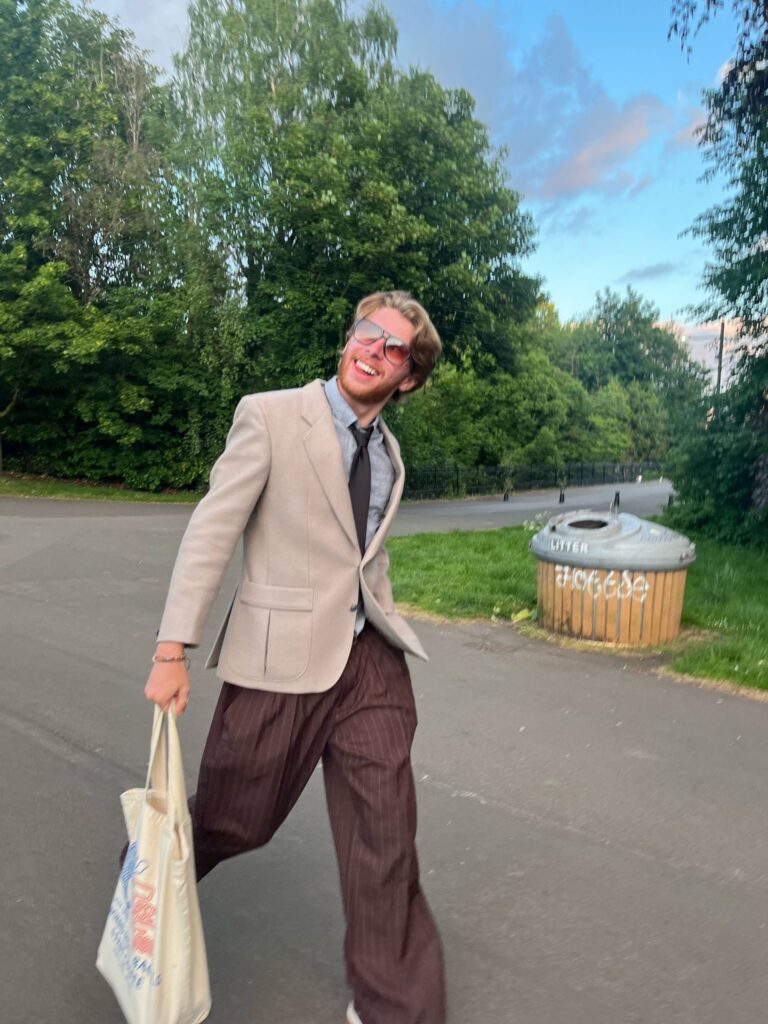
It reflects very poorly on the “liberal” image of Wesleyan to cut resources to minorities first.
新冠肆虐,注意安全!